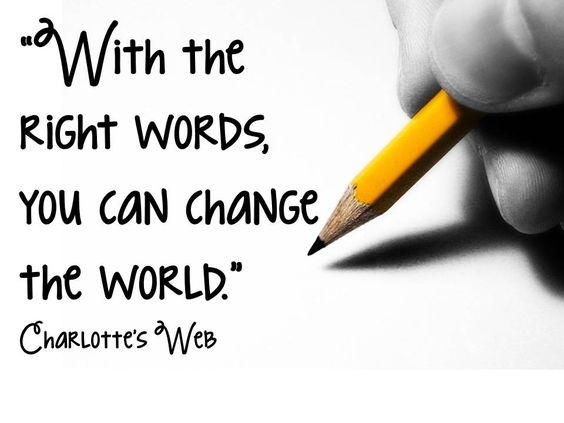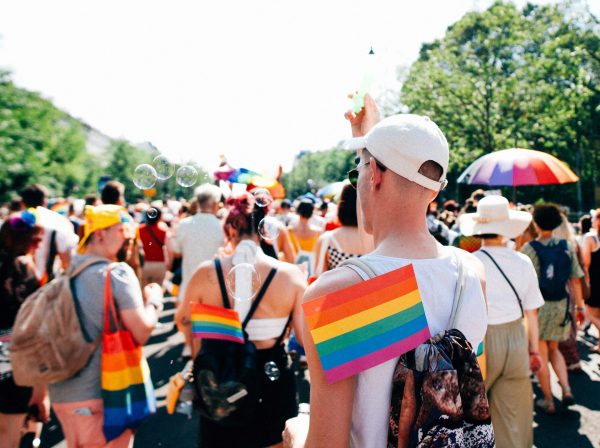“Nitpicking.” “Sensitive.” “Doesn’t really matter in the grand scheme of things.” These are all ways of policing language in regards to working against a kyriarchal system we are all victims of; they’re phrases used to discredit, or at the very least demerit, a huge grassroots aspect of social justice work. Language. Language can change the world.
Does language really matter in the long run, or are people who use, and encourage others to use, the inclusive and non-oppressive language just nitpicking?
Yes, it does. Language is important. Many people both online and off truly make it out like language has zero impact on the societal change as a whole. Even people within marginalized groups, even people within marginalized groups that are working to dismantle a system that works against us in order to rebuild a system that works with us. Yet language initiates and buttresses social change—both for better and for worse. I’d like to see a shift for the better.
“Nitpicking” is one of those buzzwords that I’ve never seen a reasonable place for in conversations about larger issues. Among all the other terms one could use to indicate language/tone policing, “nitpicking” specifically has an air of superiority slathered with overtones of pettiness—accusations of pettiness, that is.
It is far from a display of unreasonable pettiness to ask a person to not say “I got raped” when talking about being ripped off, or not use “fag” as a synonymous way to refer to someone who is a jerk or loser. It isn’t okay to use oppressive language when not in the presence of a given marginalized demographic while still painstakingly making sure one is “PC” when a given marginalized graphic is present. And, being called out in all spaces at all times when one is using shitty language isn’t a personal slight; it’s not always deliberate—but just because it slipped out doesn’t mean one is granted a free pass to not have it pointed out.
While it may seem irrelevant to the bigger picture, while it is tempting to ask “don’t we have more important things to do than tell people what to / what not to say,” language used is the first step towards change. One reason we use the words we do in the context we use them in is reflective views; language reflects most popular, or at the very least most widespread, views. Even if the person either using oppressive language or refusing to use non-oppressive language (or both) doesn’t subscribe to those viewpoints. “Gay” didn’t become synonymously—acceptably—applicable for something that is undesirable out of nowhere.
Social justice workers, members of marginalized groups, allies rallying for change, still have oppressive terms slip out every now and again unless we are actively conscious of the language we, and others, are using to describe what we, and others, are describing. Why is it so many people have become desensitized to the implications their casual rhetoric has? Why is it some words sometimes seem almost automatic while others, more inclusive and less rhetorically vicious, are so difficult to remember to use?
To illustrate only one example of the changes language has made and continues to have the potential to make is the word “cisgender.” “Cisgender” as a term didn’t even exist ten years ago; five years ago it certainly existed but remained hardly used even within Queer-centric spaces. At the time of this writing, “cisgender” has been weaved into even colloquialisms.
Language makes up a large part of the roots that keep heteronormative expectations, cisnormative culture, queerphobic sentiments, so deep in a soil that is already difficult to till. Language makes up an equally—if not more so—necessary part of Social Justice work. Social Justice work aside, rhetoric and the words making up the rhetoric are ways of asserting our identities that are otherwise widely silenced. If we didn’t “nitpick”, that is, speak for ourselves about ourselves, people wouldn’t know we exist.





